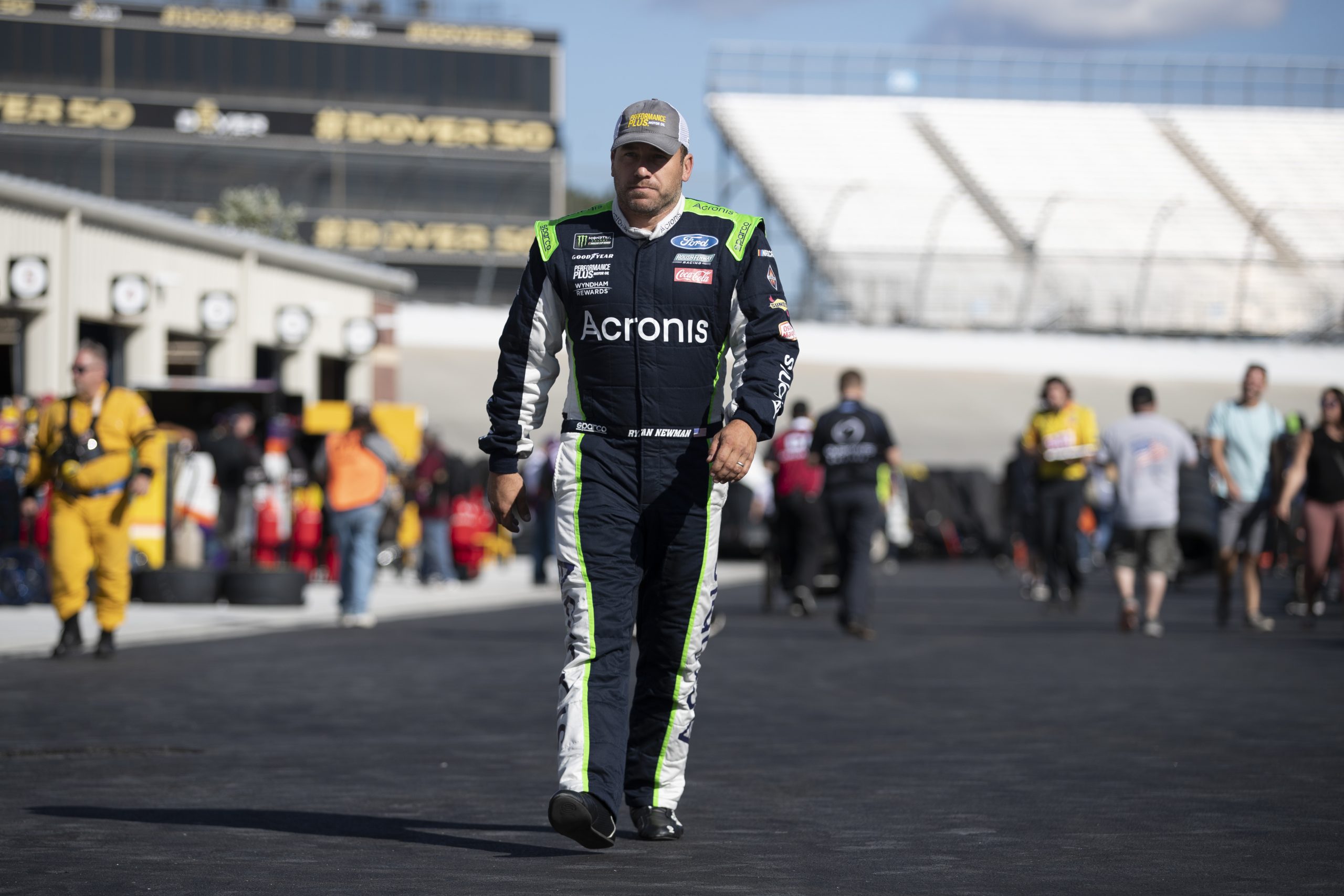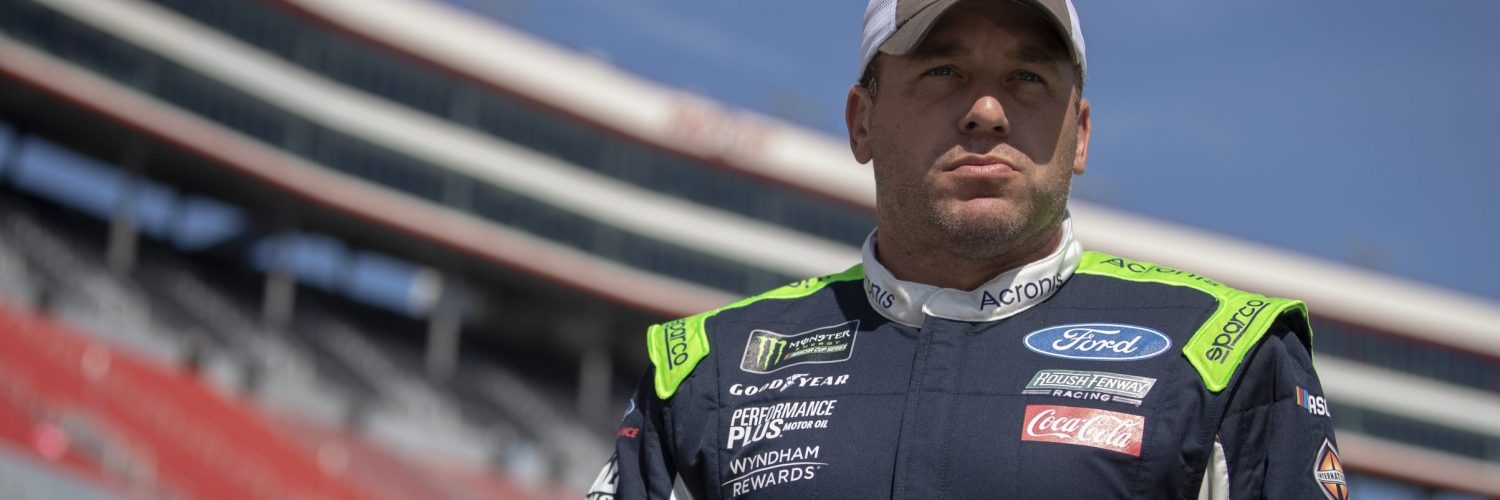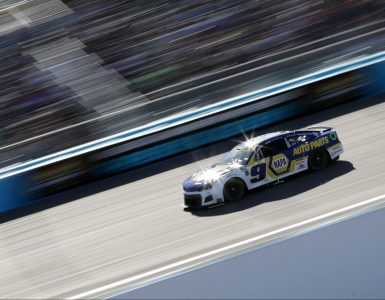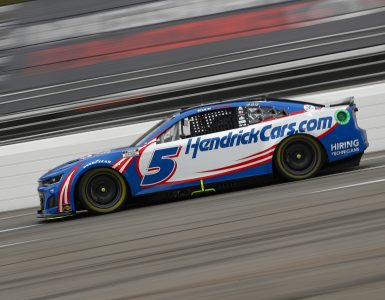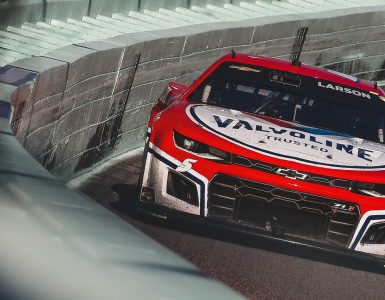Ryan Newman is no ordinary race car driver. The NASCAR veteran of 19 seasons and winner of the prestigious DAYTONA 500 is what you would certainly call the ‘Thinking Man’s Racer’, as he is a graduate of engineering from Purdue University in Indiana.
Over the course of his distinguished career, the driver nicknamed ‘Rocket Man’, has jumped behind the wheel of cars for seven different teams and is unquestionably one of the most experienced drivers in the field.
Such experience is an undoubted advantage for any outfit, even for such a well-established team as Roush Fenway Racing (formerly Roush Racing) that has operated from its base in North Carolina since 1988.
“It was a very steep learning curve and a learning season,” Newman told Motorsport Technology about the challenges he faced in 2019. “I underestimated the things that were going to go into what we needed to do this year to be successful, but I think we got it much better in the last third of the season.
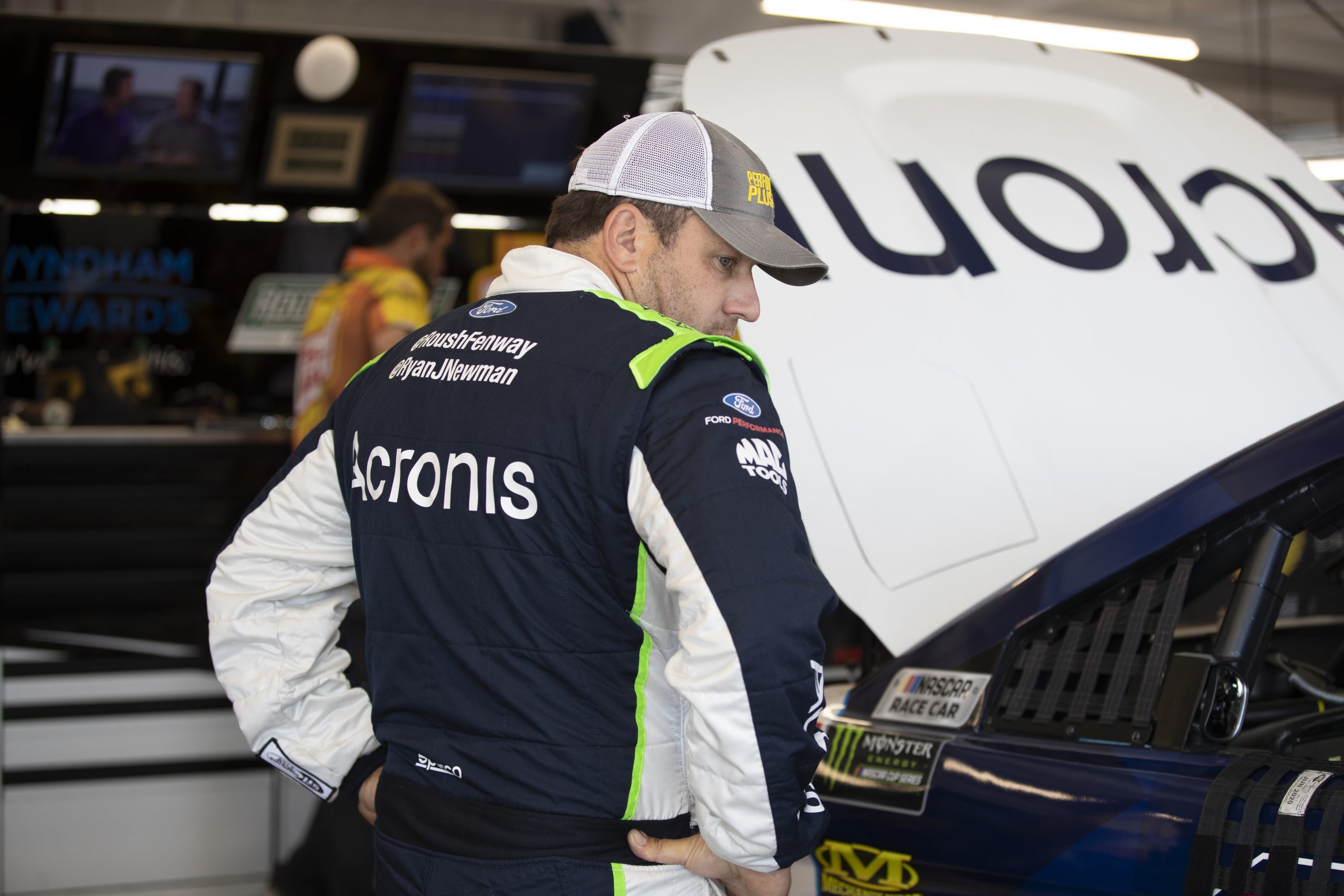
“Our stats proved that we were a top 12 team instead of a 20th placed team, as we were in Fontana in our third or fourth race. So I feel like we made huge improvements in the company, and the race cars we were taking to the race track and our communication as a team. All those things were positive. The negative was, we still didn’t win, and we didn’t get any pace play-off points, or anything like that. So, we’ve got a lot of work to do. From where we started, to where we finished, I was proud. But not as proud as I could have been.”
If it sounds like Newman is being a little downbeat, it’s because racing drivers are a breed apart. From fitting into a new team and facing radical new regulations in the Monster Energy Cup Series for 2019, achieving a string of top ten finishes – including second at Talladega, top fives at Daytona and Richmond and a tense eighth at Indianapolis that helped him into the playoffs – should read like a real triumph.
But race car drivers are all intrinsically perfectionists, and nothing else really matters apart from winning. That is the ultimate goal for all drivers. And all teams.
“Like I said, I was proud of what we achieved, as far as coming from where the organisation was, and not knowing the depth of what we needed to do to be successful this year because of the change in regulations and the rules. We had a change in body spec for the manufacturer, so many things… We went from a Fusion to a Mustang and, for me, from a Chevy to a Ford, RCR to Roush, and the engine group I was previously with, to Roush Yates. That’s a lot of things to learn, more things that I needed to learn than I ever did in my rookie season 19 years ago!
“It was the first year we’ve ever taken downforce off the car and made it go faster. The car was making so much downforce that it was making drag to the point that we couldn’t go any faster. It’s basically the equivalent of taking a plug wire off and losing a cylinder. So, we had a lot of learning to do to figure out the appropriate car to take to the appropriate track, I guess is the best way to say it.”
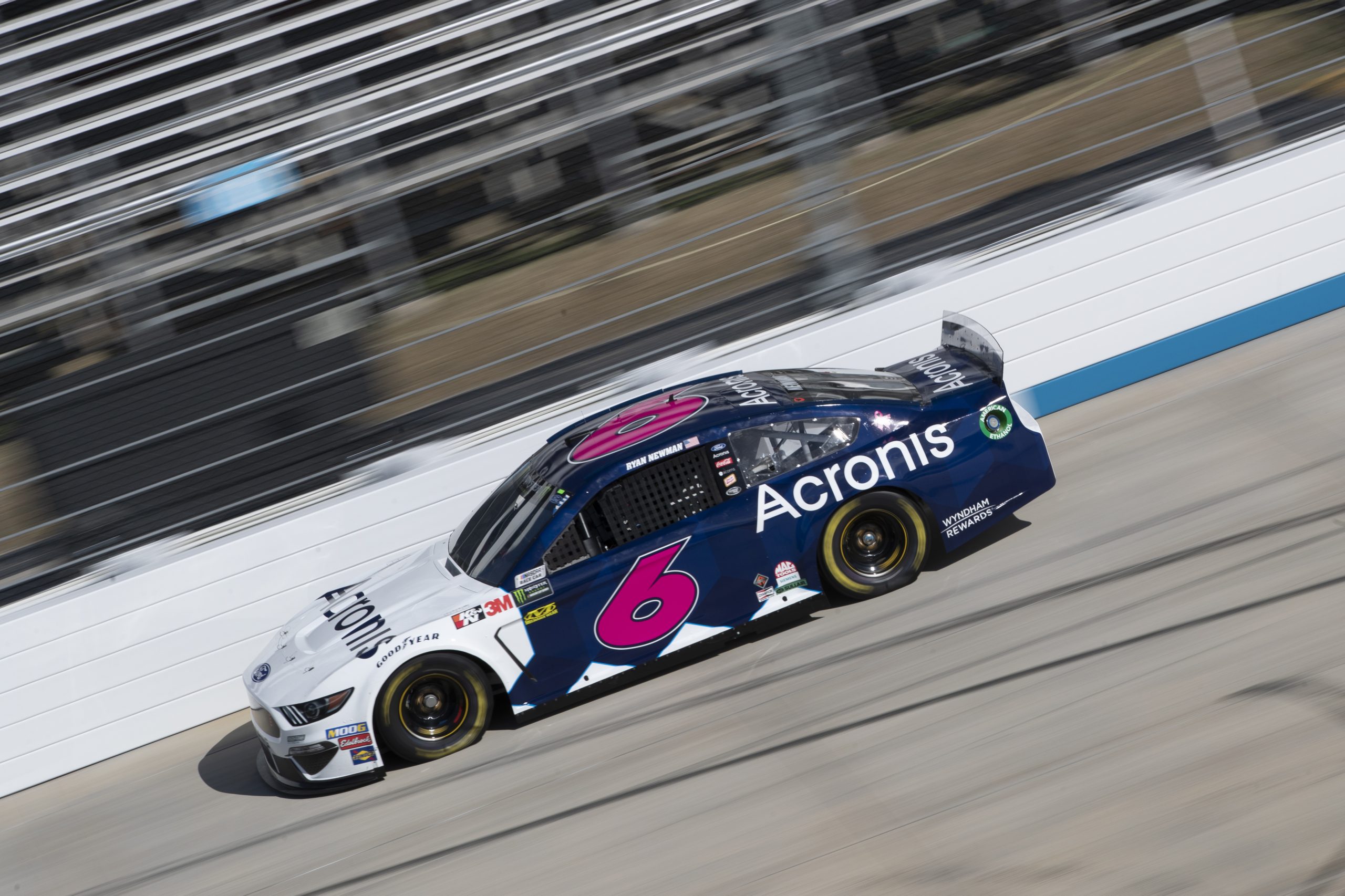
Newman’s aforementioned engineering experience is of obvious advantage to any team entering into any season, and especially with the added burden of a new set of rule changes to get to grips with. But, as Newman explains, such knowledge of can be a double-edged sword. Interestingly, it’s also no longer as commonplace in the sport as it once was.
“I think it helps to have a common language, a common understanding. I’ve always said it’s a curse too, for an engineer. For every answer he gets, there are two additional questions. ‘Why did that work, and how do you make it better?’ Your work is never done as an engineer. In my mind, anyways.
“But I feel like it helps tremendously to be able to use the same language to talk to my crew chief, my race engineer, my tyre guy, all the people on my team that have that common language, that engineering background and that’s more powerful I think, and more common now than ever it’s been in our sport. It used to be that the engineer was the only one with an engineering degree, not a crew chief, not a car chief, not a tyre guy. Now it seems like it’s way more common to be an engineer and have an engineering degree than not.”
Another advantage to the Roush Fenway team in 2019 was to have a key technical partner aboard in the form of global data storage and cyber protection experts Acronis, whose impressive portfolio also extends to IndyCar, Formula One, Formula E, Baseball and Soccer. For Newman, it’s another important part of the jigsaw coming together at the right time.
“I think it gives our programme and our team more diversity from a technology standpoint,” adds Newman. “We all know that technology is driving the universe right now and one hundred years ago, technology was the new hammer, so we’re excited to have Acronis with the side of technology they bring to our team. I can’t say that it goes directly to making our race car go fast but it makes our team perform better and really gives us security to know that what we’re doing and not somebody else trying to share it.
“Just having somebody new, a new partner in our sport is huge. That’s not common anymore. At least in the United States there are so many big time Fortune 500 companies that have cycled in and out of so many sports that it’s nice to bring in new faces and new people and new technology and I was proud to represent Acronis in doing that.”
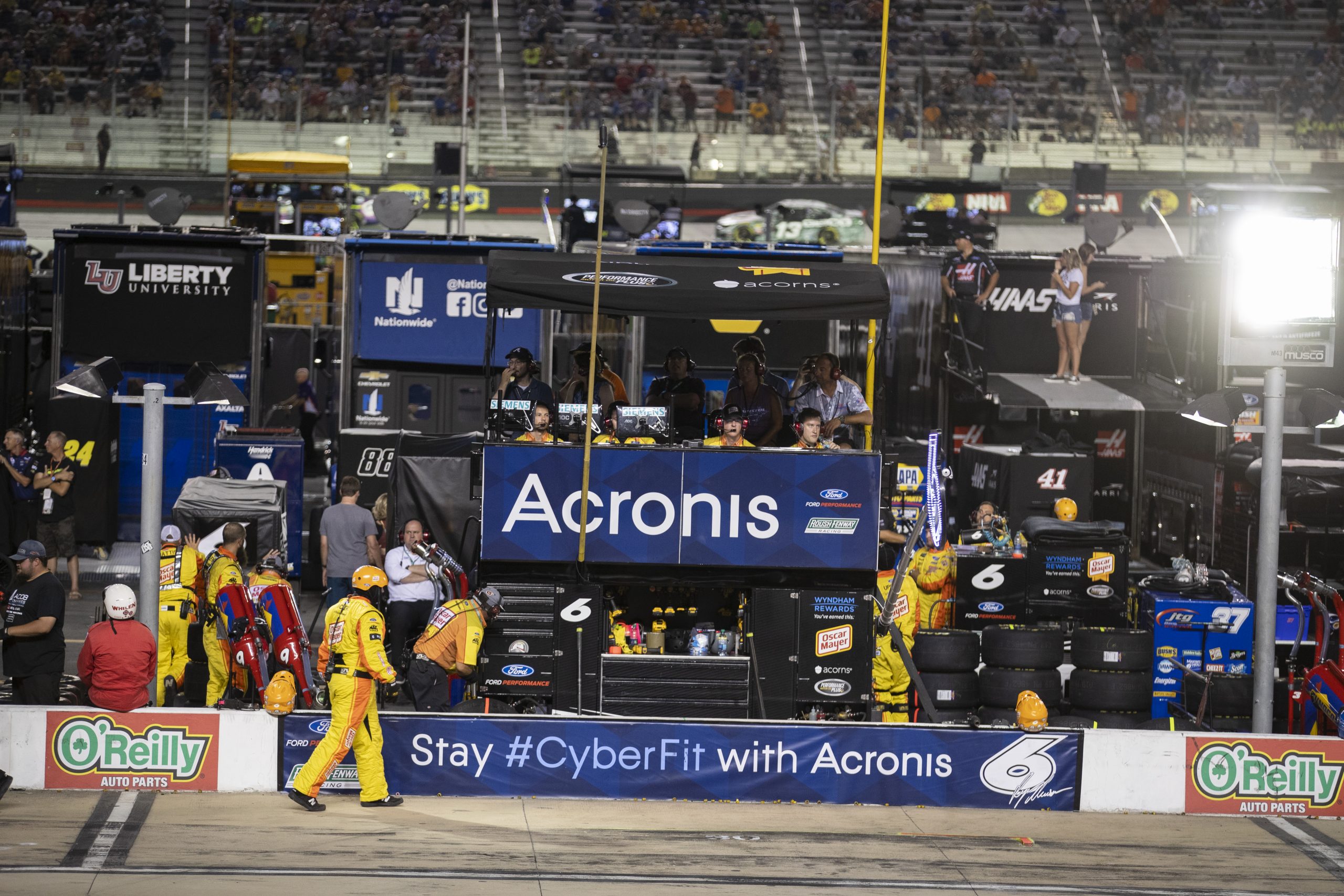
The first season for any driver in any new team is always very much a bedding in process. But Newman is already focused on the bigger picture. And that picture is winning. After all, that is always the end goal for any driver and any team to deliver for themselves and their important race partners.
“The goal for me, personally, is to win right out of the box. Our biggest race of the year, in Daytona, we had the best race average of any team out there, to my knowledge. And we had the chance to win the Super Bowl of our sport in the first race. So, to me that’s out first focus. You do that, you lock yourself into the play offs and you change your opportunities, I guess you could say for the rest of the season. So, for 25 races after that, you can play with different strategies and you can run different risks and do different things because you’ve locked yourself into the playoffs. So, ultimately, we want to be in the playoffs, we want to win the championship and we want to do that by winning at least one race. So we have to prove that we’re a winner.
“It’s been obvious for the last, say, five years that the winner of the championship is the winner of the last race. So, if you can’t win a race, you’re probably not going to win a championship. And where I’m at in my career, my ultimate goal is to win the championship. I’ve won races, I’ve won big races that are called championship races like the DAYTONA 500 and the Brickyard 400 and I’m proud of that, and I want to do it again. But ultimately it’s about winning the championship for myself and for Scott Graves, who has never been in Victory Lane in the Cup Series. That’s the big goal, and it’s doable. We’ve proved it’s doable, because by whatever it was, seven-one thousands of a second, we were that close in Talladega.”
Ryan won’t have to wait too long to put all that learning of the previous season with Roush Fenway Racing straight back into practice, because the 2020 Monster Energy NASCAR series kicks off again with the famous DAYTONA 500 in mid-February.
The ‘Rocket Man’ has been there, done that. But it’s not only about race wins this time around. He’s targeting the bigger picture.
